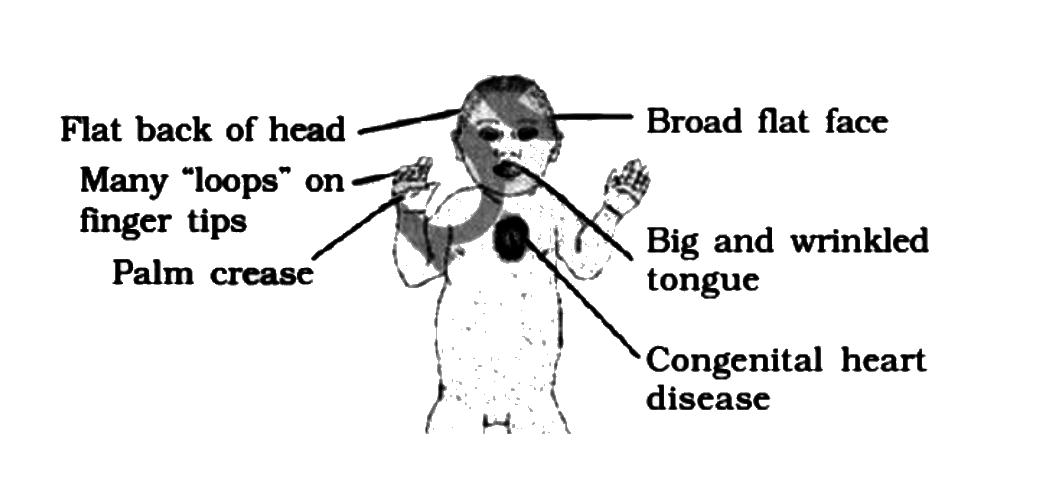What are “Epilepsy Syndromes”?
As physicians started to study Epilepsy, they realized that certain group of characteristics could be used to predict which kind of seizures the patient would get, whether the Epilepsy would be controlled with medications, how long it would last etc etc…
Therefore – without knowing what was the exact cause of each of these problems – Doctors divided people with Epilepsy into many groups.
For example, look at these 3 groups of people:
- Children who have only one kind of seizure and only when they are sleeping, and then stop having seizures when they become teenagers.
- Children who suddenly fall down (have “Drop attacks”) with their seizures, and have very severe, difficult-to-treat seizures which affect their intellectual development.
- Teenagers who have jerking of the upper body in the morning only when they deprive themselves of sleep the previous night, & who sometimes have generalized seizures at these times.
Obviously, each one of these groups is differnt than the other. Each group requires a different management stratergy e.g. the second group needs to be treated much more aggresively than the first group.
Each such “Group” of people with similar characteristics defines an “Epilepsy Syndrome”.
(For example, the Epilepsy Syndromes described above are: Benign Rolandic Epilepsy, Lennox-Gastaut Syndrome & Juvenile Myoclonic Epilepsy – please don’t be confused by the names, these are explained very simply later.)
Does being diagnosed with an “Epilepsy Syndrome” mean that the cause for my Epilepsy is known?
Unfortunately, not yet, since our knowledge is still expanding.
At present, these epilepsy syndromes are based on characteristics of the patient as described above. As we have started to integrate other fields such as genetics, we have started to learn that patients who have the same Epilepsy syndrome may infact have different causes.
For example, “Dravet Syndrome” is an Epilepsy syndrome with extremely severe seizures that start in Infancy.
- Most children who have “Dravet Syndrome” have an abnormal SCN1A gene.
- But many patients with abnormalities in other genes such as SCN1B, SCN2A may also present with the exactly same features and therefore are also said to have “Dravet Syndrome”.
- In some children with features of “Dravet Syndrome”, the genetic abnormality has not been identified yet.
Therefore, being diagnosed with a particular syndrome does not tell you the exact “cause” without additional testing.
Perhaps in the future, when we know more and more about genetics, Epilepsy syndromes will be defined solely on the basis of genetics.
Which “Epilepsy Syndromes” are described in detail in this guide?
There are many, many “Epilepsy Syndromes”, and multiple ways to divide them.
I have organized them by the age at which they typically appear. Although quite comprehensive, this list does not include some very rare / very harmless Epilepsy syndromes. If you want a specific Syndrome to be described, please get in touch with me using the “Contact me” button below.
INFANTS:
– BGEFS+ & Dravet
– West Syndrome
TODDLERS:
– Myoclonic-Astatic / Doose Syndrome
– Rasmussen’s encephalitis
– Childhood Absence Epilepsy
– BOEC / Panayitopoulous Syndrome
CHILDREN:
– Lennox-Gastaut Syndrome & Atypical Absence
– Landau-Kleffner Syndrome & CSWS
– BECTS / Rolandic Epilepsy
JUVENILES:
– Juvenile Myoclonic Epilepsy (JME) & Juvenile Absence Epilepsy (JAE)
ANY AGE:
– Epilepsy with GTC only
– Focal Epilepsy: including Temporal & Frontal lobe epilepsy
– Reflex Epilepsy including Photo-sensitive epilepsy, Reading epilepsy & hot-water epilepsy
– Epilepsies due to Metabolic Problems
MISCELLANEOUS:
– Focal Cortical Dysplasia (FCD)?
– Mesial Temporal Sclerosis (MTS)?
– Progressive Myoclonic Epilepsies: U-L disease, Lafora, MERRF, NCL, Sialidoses, DRPLA
– Epileptic Encephalopathy: West, LGS, Dravet, Landau-Kleffner & Focal Epilepsy with CSWS, Angelman & Rett, PME, Severe epilepsy with independent spike foci.
| Caution: This information is not a substitute for professional care. Do not change your medications/treatment without your doctor's permission. |
 Dr. Siddharth KharkarDr. Siddharth Kharkar has been recognized as one of the best neurologists in Mumbai by Outlook India magazine and India today Magazine. He is a board certified (American Board of Psychiatry & Neurology certified) Neurologist. Dr. Siddharth Kharkar is a Epilepsy specialist in Mumbai & Parkinson's specialist in Mumbai, Maharashtra, India. He has trained in the best institutions in India, US and UK including KEM hospital in Mumbai, Johns Hopkins University in Baltimore, University of California at San Francisco (UCSF), USA & Kings College in London. |

